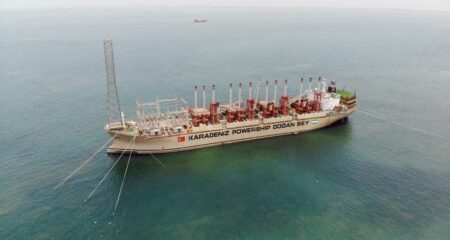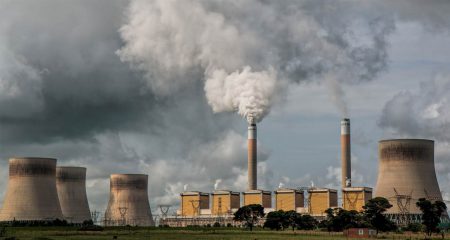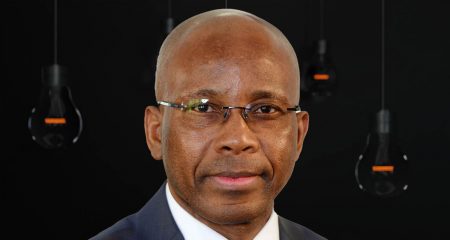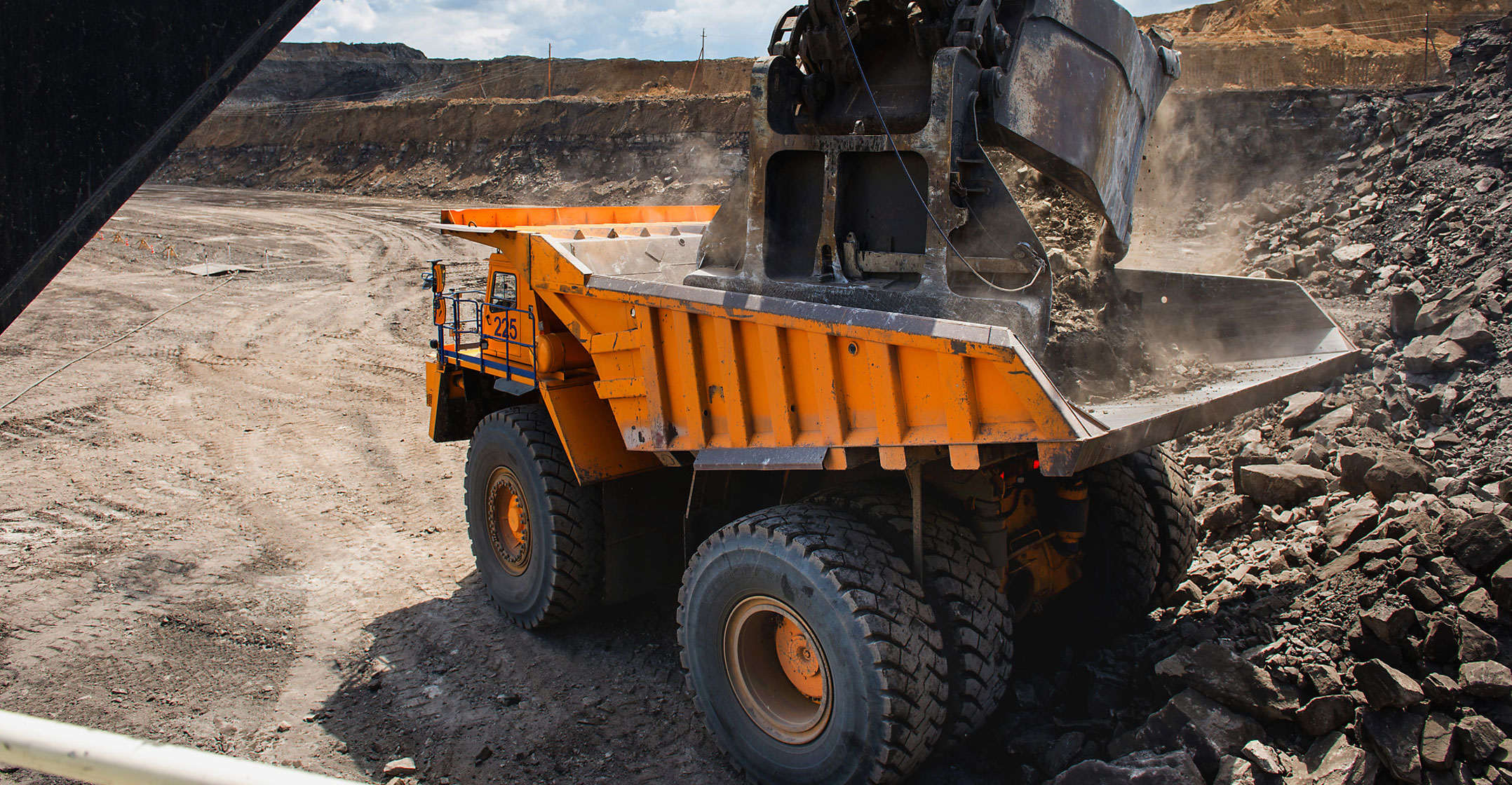 South Africa faces “another era of isolation” if it persists with coal power generation, the CEO of Eskom said, arguing a pivot to cleaner energy would boost the competitiveness of the country’s exports.
South Africa faces “another era of isolation” if it persists with coal power generation, the CEO of Eskom said, arguing a pivot to cleaner energy would boost the competitiveness of the country’s exports.
André de Ruyter made the comments in Eskom’s annual report for the year ended March 2021, when the utility trimmed its net loss to R18.9-billion from a R20.8-billion loss a year earlier.
He did not elaborate on the remarks in the report released on Tuesday, but they appeared to be a reference to the country’s period of isolation during apartheid.
De Ruyter has long-term ambitions for Eskom, the continent’s worst greenhouse gas emitter which operates 15 coal-fired power stations, to shift away from coal and towards renewable energy sources like solar and wind.
Analysts have flagged the carbon intensity of South Africa’s economy as a major risk as investors and governments become increasingly attuned to climate concerns.
As part of the shift from coal, De Ruyter is trying to attract billions of dollars of confessional financing from development finance institutions, which he also hopes will help lower the company’s funding costs.
Public spat
That strategy recently sparked a public spat with energy minister Gwede Mantashe, a powerful figure in the ANC.
At a recent appearance before a parliamentary committee, Mantashe criticised Eskom for being “excited” about shutting down coal plants and likened it to committing “economic suicide”.
Asked about Mantashe’s comments on Tuesday, De Ruyter noted the minister’s department set energy policy and said Eskom would abide by it.
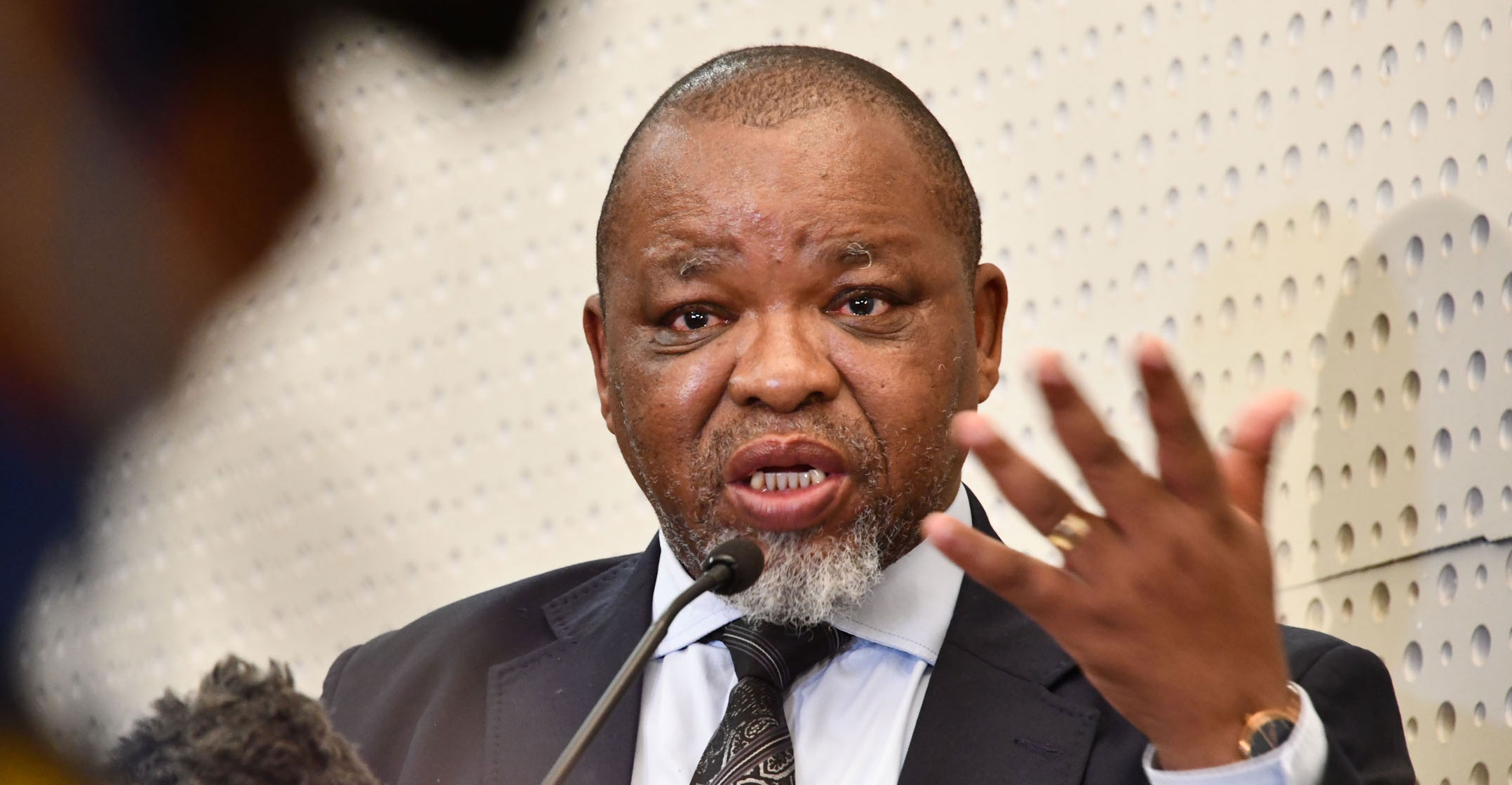
Reforming Eskom, which regularly implements power cuts that hold back economic growth and survives on bailouts that place huge strain on public finances, is among the biggest challenges faced by President Cyril Ramaphosa’s government.
A company presentation showed on Tuesday that Eskom expects to make a R15.2-billion net loss in the year that ends in March 2022 and that it assumes it will return to profit only from 2026.
One bright spot in Eskom’s latest financial results was that gross debt fell by R81.9-billion to R401.8-billion, partly because of a R56-billion government equity injection. — Reported by Alexander Winning, (c) 2021 Reuters


